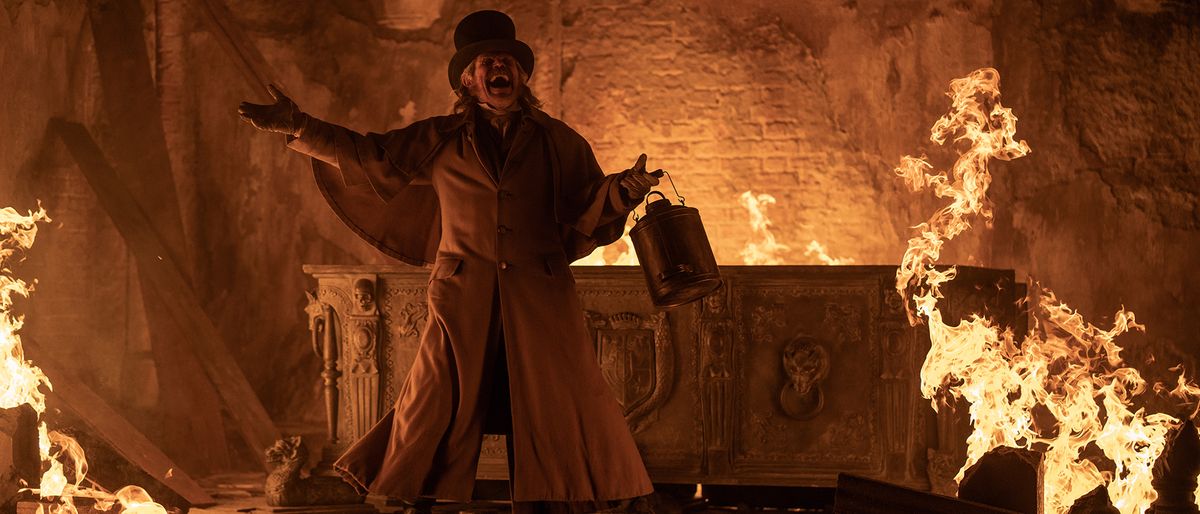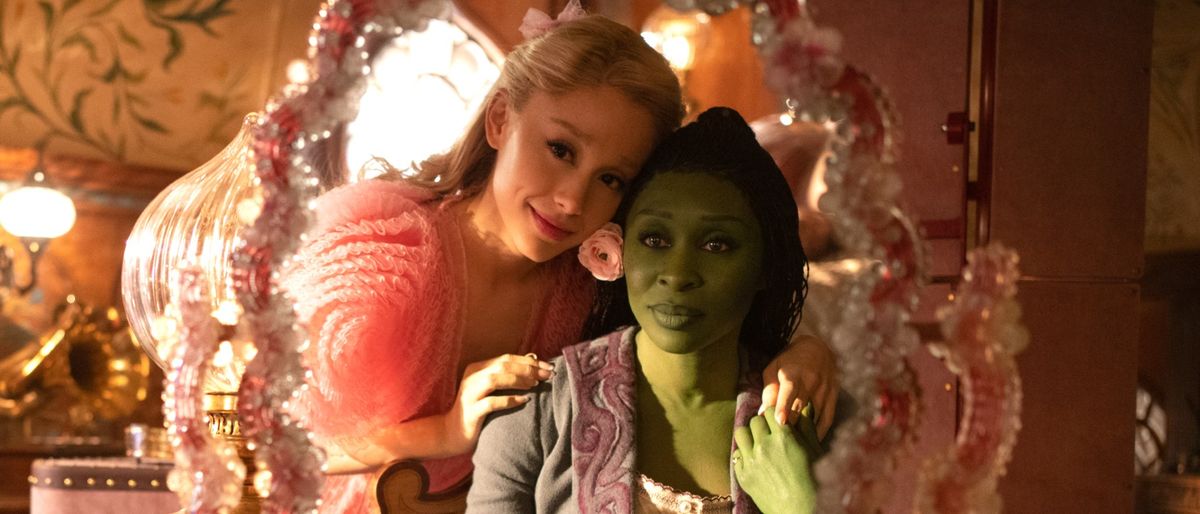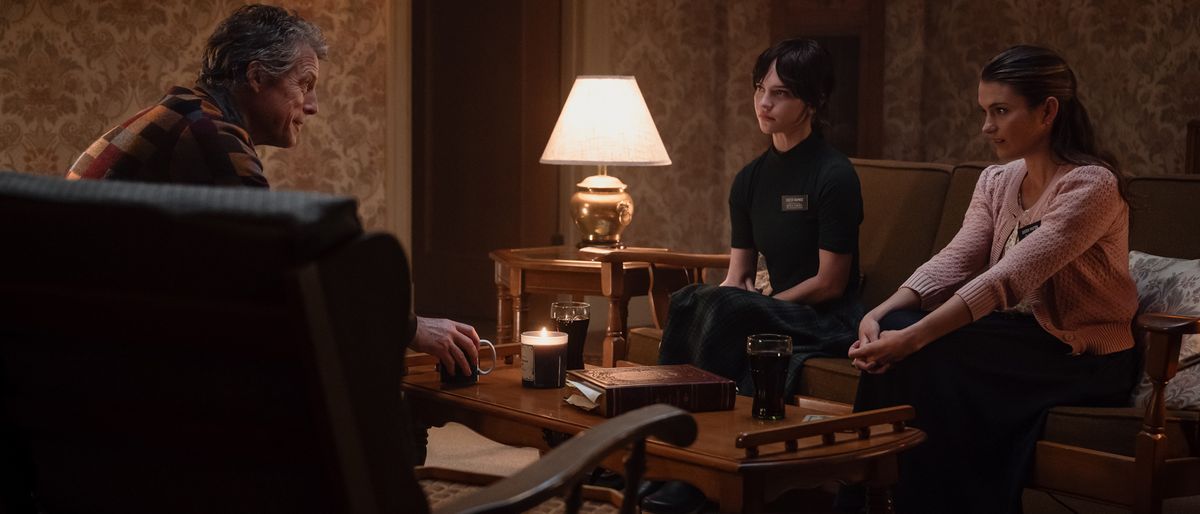
Fans of writer Aaron Sorkin love him for his signature snappy dialogue and “walk and talk” scenes. However, Being the Ricardos, which he both wrote and directed, doesn’t have much of either of his coined styles. Instead, viewers are given an unevenly paced film that leaves a lot to be desired.
Being the Ricardos follows the stars Lucille Ball, played by Nicole Kidman, and Desi Arnaz, played by Javier Bardem, as they navigate what could surely be classified as one of the worst weeks of Ball’s life. Their half-hour comedy, I Love Lucy, which premiered in 1951, is considered a pioneer of the golden age of television. The Ball-Arnaz real-life story is certainly compelling, but something is off about Sorkin’s version.
The film opens with very brightly lit talking heads of actors portraying the former writers of I Love Lucy. These writers serve as the chorus of Sorkin’s tale, giving exposition throughout the film. However, not only is the exposition a bit too obvious, their interjections throughout the movie constantly take the viewer out of Lucy and Ricky’s world. The jarring transitions never let moviegoers connect with what the movie is about: the week Lucille Ball is accused of being a communist.
However, the Red Scare of the 1940s and 50s isn’t the only thing threatening America’s most beloved sitcom couple. There are rumors and tabloid reports of Arnaz’s philandering, and just as the second season of their show is underway, Ball has her own confession to make: she’s pregnant.
Ball faces these three challenges by investing herself more than ever into the taping of her show, and Sorkin chooses to show Ball as a creative genius who can see the way each scene will play in front of the camera before shooting it. The black and white scenes play out in her mind, and she makes demands and complaints until the scene works.
Throughout the film, the most captivating scenes feature women making their way through a male-dominated industry. Ball and her fraught relationships with co-star, Vivian Vance (Nina Arianda), and the only woman staff writer, Madelyn Pugh (Alia Shawkat), feature the most interesting aspect of this stressful week. Each woman is fighting her own battles to remain relevant and continue climbing a staircase of success, but they must decide how much they’re willing to step on each other to arrive at the next landing.
Sorkin depends on flashbacks of Ball and Arnaz’s early relationship to add gravitas to their current struggles. Kidman and Bardem are lovely to watch as they portray Hollywood greats, but here come those modernly lit talking heads again to give moviegoers commentary and remind everyone how popular and ground-breaking I Love Lucy had been.
It’s unclear why Sorkin wanted to show the three writers in modern-day since they are all deceased, Jess Oppenheimer as long ago as 1988. Sorkin’s film might have been better served by a few tastefully placed screens of text to give viewers the facts about the sitcom. However, even if the modern scenes had been removed, it might not have been enough to bolster Being the Ricardos. Fans of I Love Lucy may enjoy the limited peek into the writers’ room and soundstage Sorkin attempts to give viewers, but those not already emotionally invested in the Ricardos won’t find much to love here.
Source


